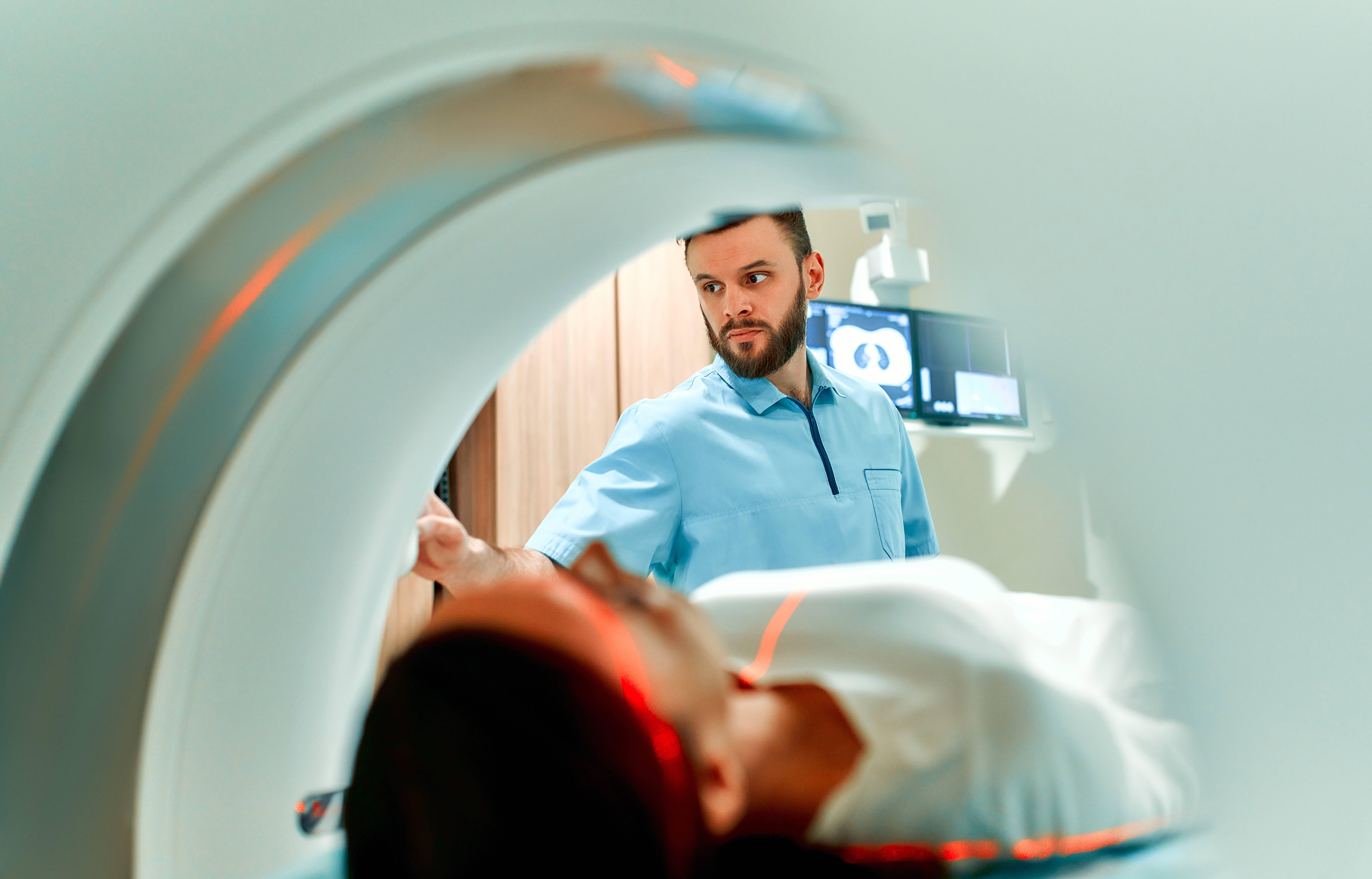
Center for BrainHealth Enhances Capabilities With Two New 3T MRI Machines
Center for BrainHealth
Share this article

Sandra Bond Chapman, PhD
Chief Director Dee Wyly Distinguished Professor, School of Behavioral and Brain Sciences Co-Leader, The BrainHealth Project

Daniel Krawczyk, PhD
Deputy Director of Research Debbie and Jim Francis Chair and Professor, School of Behavioral and Brain Sciences
RELATED INFORMATION

Newly Funded Projects Race Toward Discovery of Brain Health Metrics
Center for BrainHealth announces three rapid-launch research initiatives, made possible by Sammons Enterprises, that seek to advance the first objective metrics of improved brain systems in response to interventions.

The University of Texas at Dallas BrainHealth Imaging Center Opens
UT Dallas' unique facility at Center for BrainHealth expands potential for innovative research into human brain health.